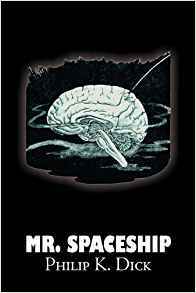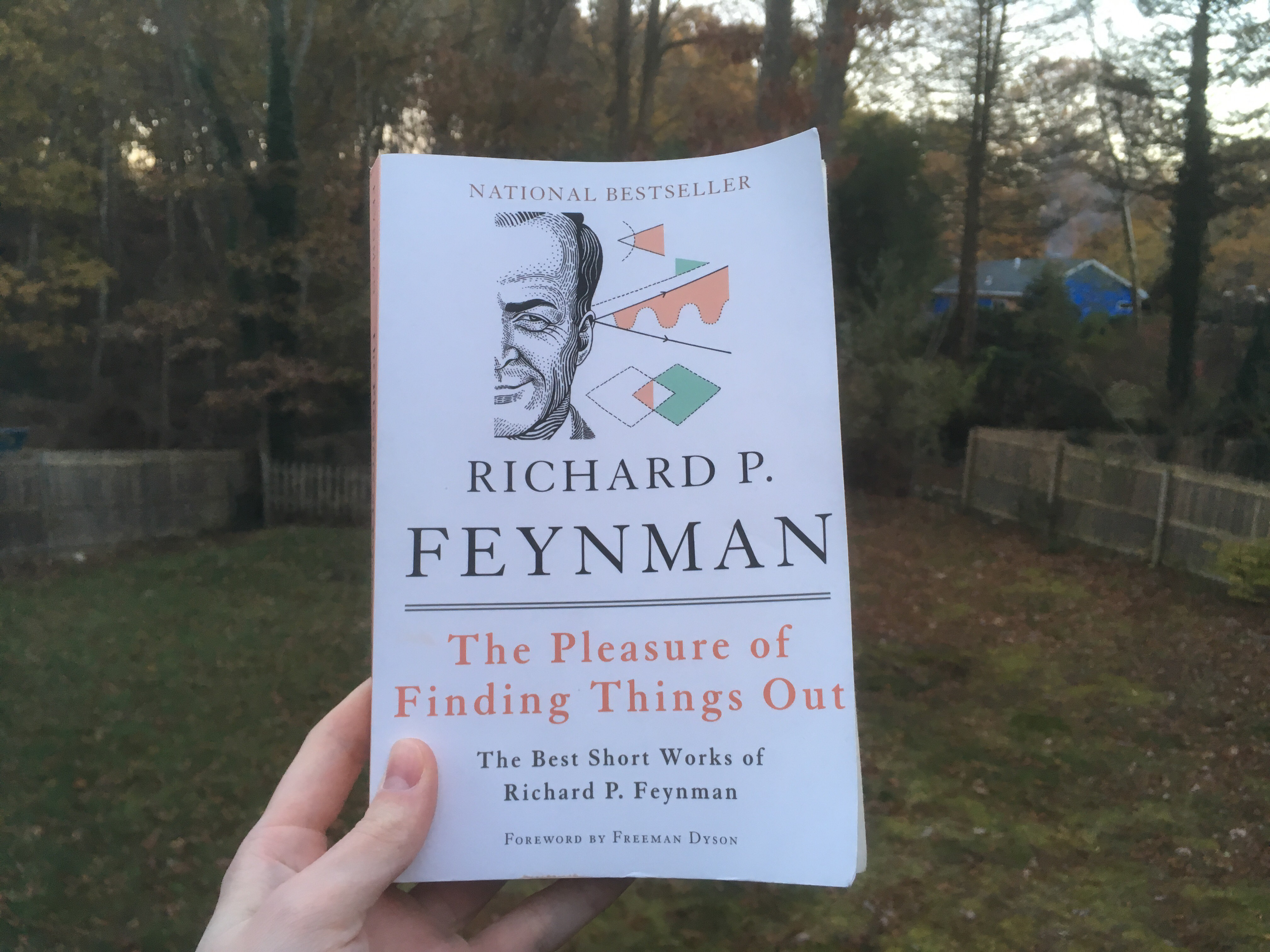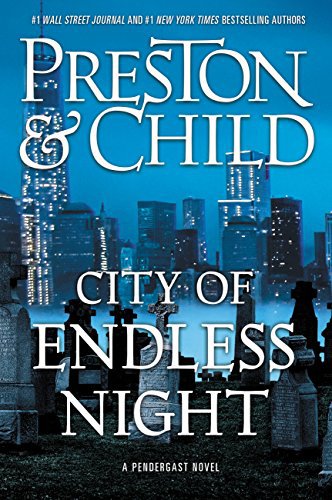
This little known short story by Philip K. Dick, one of the all-time great classic science fiction authors popular from the 50s to 70s, is an interesting read for its historical value, if nothing else. If someone wrote it today, I suspect it would receive little acclaim or attention. It’s actual publication date I don’t know, since its copyright is expired and now in the public domain, but I would guess the 50s. One reviewer on Amazon summed it up beautifully by stating it “reads as if in black and white Rod Serling mode.” The detail is indeed sketchy and in the context of today’s technology, beyond lean, the theme now a worn-out cliche. However, it presents interesting brain fodder at the philosophical level.
The basic premise is that a human brain is used as the control mechanism for a spaceship. Of course the brain goes rogue with its new “body,” i.e. the spacecraft. In a way, this is the antithesis of artificial intelligence, and apparently his pet philosophical question with regard to what actually constitutes consciousness and reality. At what point, if ever, does an augmented human lose its humanity and at what point does artificial intelligence attain status as a living being? Clearly this has a lot of relevance today as both scenarios move toward reality.
What makes this more interesting to me is the fact that Dick is the author of “Do Androids Dream of Electric Sheep?” from which the 1982 movie, “Blade Runner” came, with a new one, albeit a sequel, just released. He also wrote “Minority Report”, “Total Recall”, and various others, so he did put out some outstanding work.
Reading about him on Wikpedia gives me the impression this guy wasn’t wrapped too tight. He had a drug problem most of his life and various other issues. Perhaps he was a genius, which isn’t an easy cross to bear, and would explain the otherworldly, dystopian essence of his work, which reflected his unique view of life.
This short story is worth reading for its historical value, but certainly not his best work, which didn’t even earn mention in Wikipedia. A novel of his won the John W. Campbell Memorial Award for Best Science Fiction Novel, showing he did put out some excellent, thought-provoking work. Clearly this really isn’t one of them. It has value, however, in the context of his other achievements, the Cold War climate during which it was written, and the many questions he posed, which have still not been answered, even as our technology brings us to the threshold of urgently needing to know.
You can pick up your copy on Amazon here. It’s free for Kindle and very reasonable for a print copy, if you’re so inclined.
Advertisements Share this:- More





